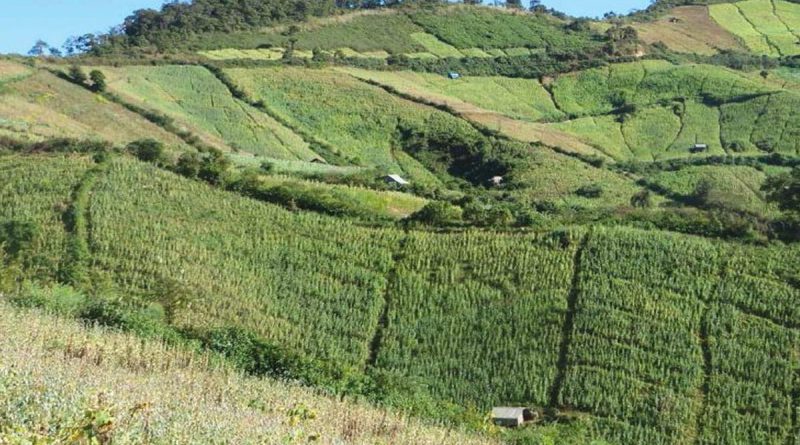The Role Of A Plant In Manipur Ethnic Violence
New Delhi:
A UN report in January on large-scale poppy cultivation in Myanmar mostly went unnoticed in a world busy with the war in Ukraine and other more ‘important’ geopolitical issues.
The United Nations Office on Drugs and Crime (UNODC) report, which tracked Myanmar opium farming, found that poppy cultivation shot up in 2022 and reversed the downward trend of 2014 to 2020.
Myanmar’s military junta seized power from a democratically elected government in a coup in February 2021. In the following year, the UN report shows a clear increase in Myanmar poppy farming.
Why is this report significant now, in the context of India?
The month-long ethnic violence in Manipur, which shares 400 km of the 1,640 km-long India-Myanmar border, has a direct connection to poppy cultivation and drug trafficking.
The Manipur government’s “war on drugs” campaign has destroyed thousands of acres of poppy farms in the state’s hill districts since 2017.
The immediate cause of the current crisis in Manipur was the protest by the Kuki tribe, who are settled in the hills, against the valley-majority Meiteis’ demand for inclusion under the Scheduled Tribes (ST) category, India’s affirmative action policy.
The other factors of the violence, however, among a multitude of social frictions, include the loss of livelihoods of the hill tribes who have relied on poppy cultivation for decades.

